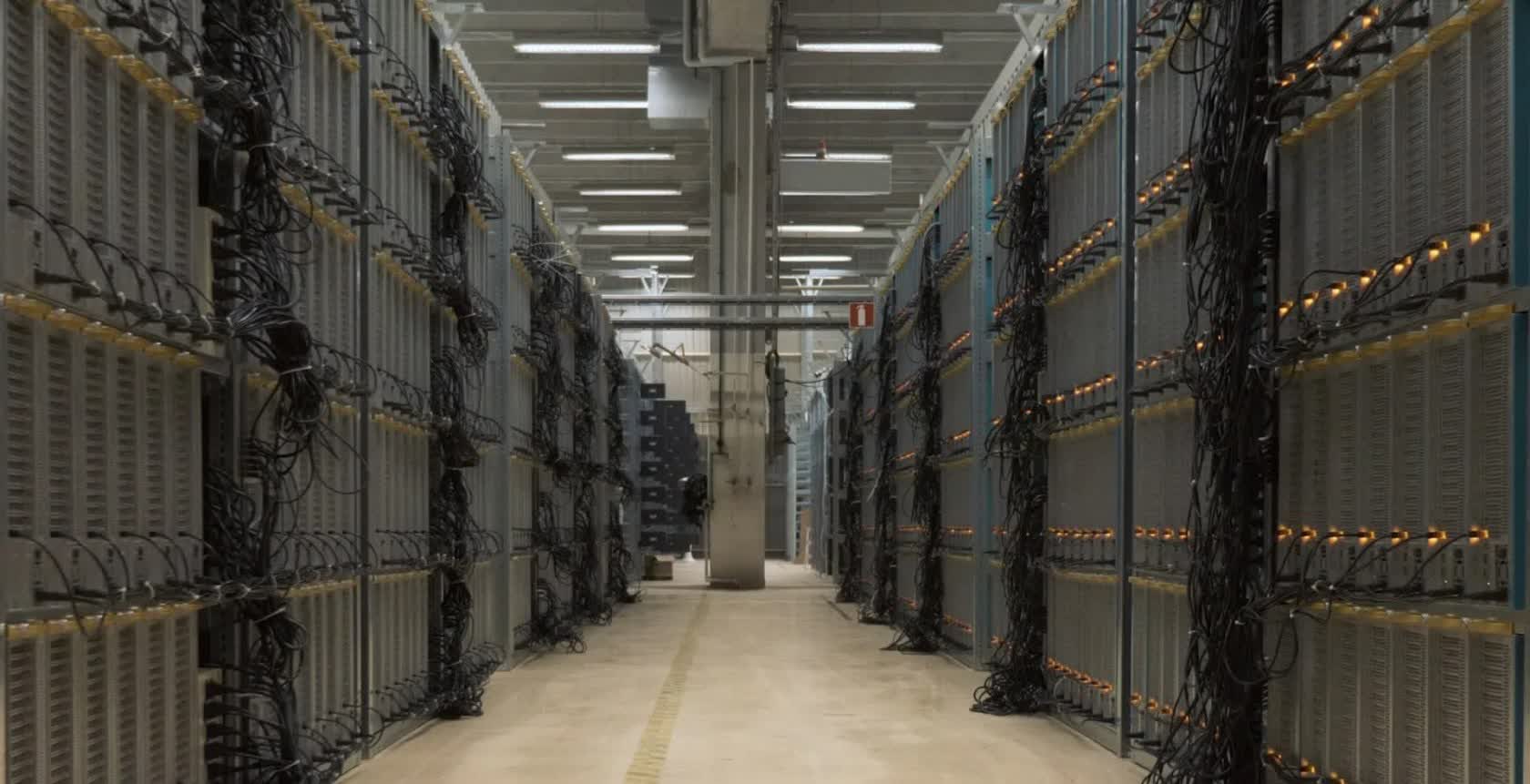Why it matters: Some of crypto's top mining pools, including Binance Pool, F2pool, and ViaBTC, were reporting extensive disruptions into early Saturday morning. According to official Telegram channels and numerous Reddit threads, the pool disruptions look to have been largely caused by ongoing DNS issues. While the problem is not relegated to the three pools mentioned, they account for more than 35% of the Bitcoin network's total hashrate.
A suspected attack on several Chinse cryptocurrency mining pools caused widespread connectivity issues for users around the world as recently as Saturday morning. Alejandro De La Torre, a cryptocurrency consultant and former mining pool Vice President at Poolin, noted that the connectivity issues appeared to have been targeted at and primarily affected Chinese miners and pools.
De La Torre believes the issues, many of which are DNS-related, may be the result of a DNS poisoning attack courtesy of the Chinese government in response to the country's recent bans on cryptocurrency and mining. This type of DNS manipulation can result in anything from domain name resolution failures to traffic being redirected to fraudulent sites. His speculations are fueled by the attack's largely Chinese target base and the timing as it relates to the country's recent crackdown on cryptocurrency mining.

According to btc.com, Binance Pool's hashrate was down more than 14% in 24 hours. F2pool and ViaBTC were also impacted, with traffic dropping 7% to 8% across both pools. The drops in hashrate refer to the processing power that a miner or pool contributes to the overall network of a specific blockchain. A hash (h/s) is the specific function that meets a blockchain's requirements to solve an encrypted computation. Mining speeds for some currencies, such as Ethereum, are measured in megahashes per second (Mh/s), or 1,000,000 computational hashes per second (h/s). Bitcoin, on the other hand, is measured in exahashes per second (Eh/s). This significantly larger value equates to one quintillion h/s. That's 1,000,000,000,000,000,000 h/s for anyone wondering just how many zeros were in a quintillion.
Most of the affected pools have advised their users of DNS modifications that will help to avoid any further disruption. Use of a VPN to avoid telecom restrictions was also a solution recommended by the pool providers.
Image credit: Bitcoin image by Dmitry Demidko; mining farm image by Genesis Mining
